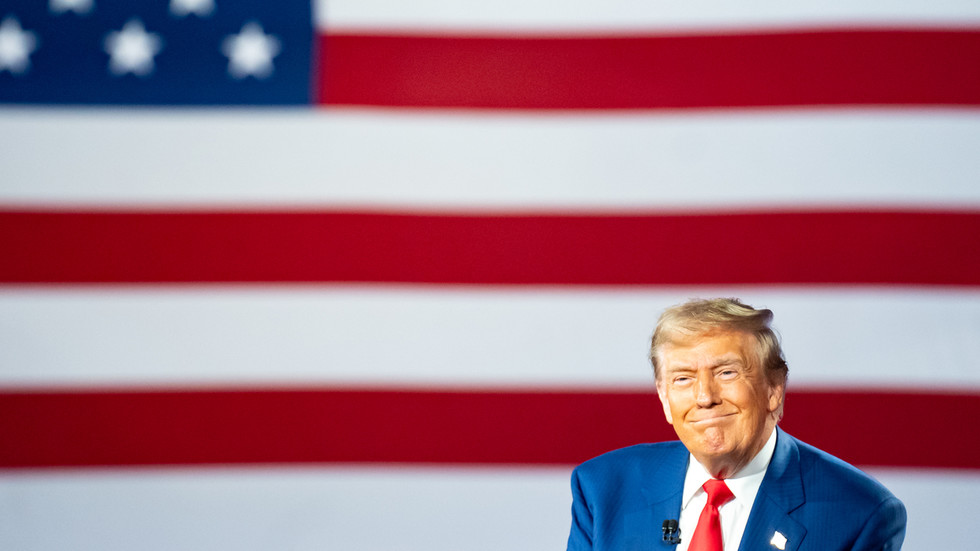At a recent campaign rally in Pennsylvania, former President Donald Trump claimed that the United States has lost its global respect and is now viewed as a “laughing stock.” This assertion came as he sought to rally support for his presidential campaign, particularly emphasizing his agenda to revitalize the American economy, combat crime, and address illegal immigration through enhanced border security. Trump articulated his vision of restoring national pride, stating that Americans deserve a country that excels in various sectors, including education and manufacturing, and one that garners respect on the international stage like it did during his presidency.
Trump criticized the Biden administration, attributing the current global perception of the U.S. to what he deemed weakness under President Biden and Vice President Kamala Harris. He expressed his belief that recent international conflicts, such as those in Ukraine and Gaza, would not have occurred had he remained in office, thereby positioning himself as capable of restoring America’s former stature. His remarks were not just limited to domestic issues; Trump also expressed his ability to cultivate strong relationships with global leaders like Vladimir Putin and Xi Jinping, suggesting that such diplomacy was absent in the current administration.
The former president’s rally echoed sentiments he has frequently articulated during his campaign, tapping into a narrative of national betrayal by the Democrats, who he accuses of diminishing the U.S.’s influence abroad. He framed NATO relations as having suffered under Biden and Harris, contrasting his own approach as one that garnered gratitude from allies. This framing serves to galvanize his base by invoking a sense of lost greatness that he pledges to restore if re-elected.
Conversely, Biden and Harris have been vocal in their criticisms of Trump, highlighting how his presidency undermined key alliances, such as NATO, and failed to effectively confront Russian aggression. This critique illustrates the stark partisan divide in perceptions of foreign policy, with Democrats arguing that Trump’s approach weakened U.S. standing, while Trump contends that his administration was marked by strong leadership and respect.
As Trump continues to promote his campaign themes across various states, his emphasis on American strength and international respect resonates with a significant segment of the electorate who are receptive to his narrative of restoring order and prestige. He posits the idea that the path to reestablishing America’s global standing hinges on aggressive policies, manufacturing revitalization, and stringent immigration control, which he believes are crucial to regaining respect on the world stage.
In summary, Trump’s remarks in Pennsylvania reflect his overarching campaign strategy, which seeks to portray the current administration as weak and ineffectual, while positioning himself as a strong leader capable of reversing what he perceives as national decline. The ensuing debate between the two political camps underscores fundamental disagreements about America’s role in the world and the effectiveness of leadership that shapes its foreign and domestic policies.

